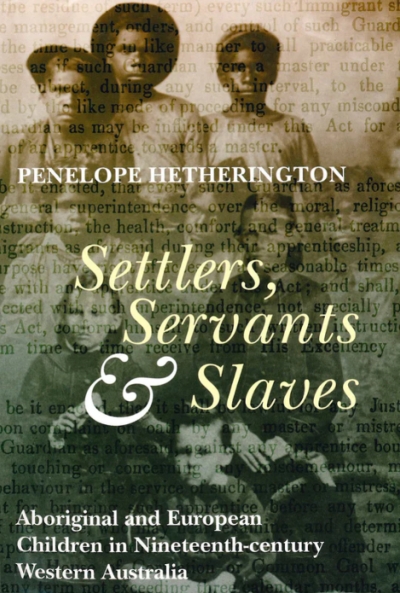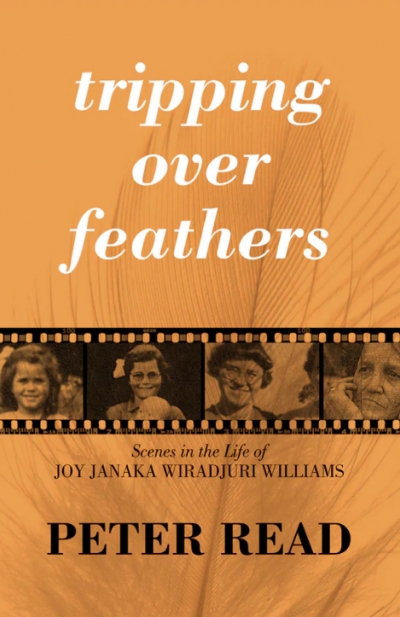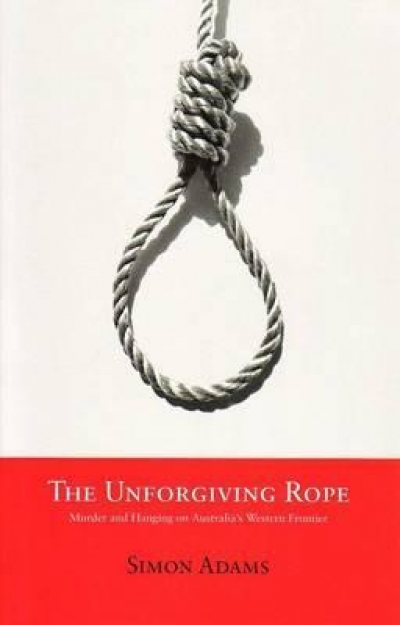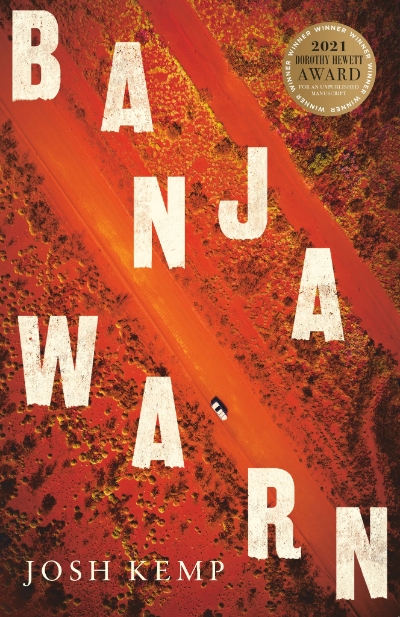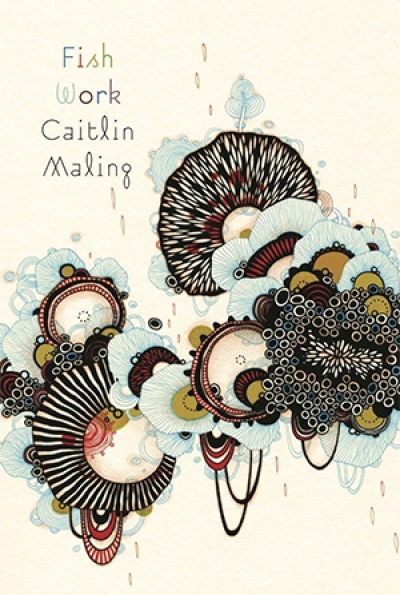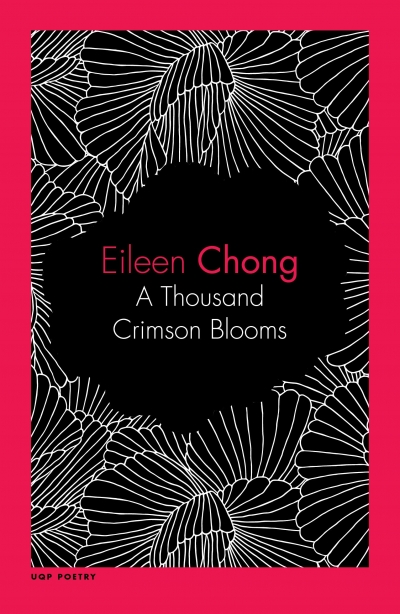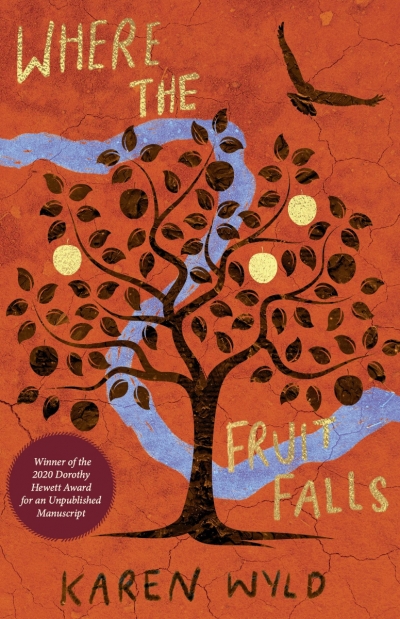UWA Publishing
Settlers, Servants & Slaves: Aboriginal and European children in nineteenth-century Western Australia by Penelope Hetherington
Tripping Over Feathers: Scenes in the life of Joy Janaka Wiradjuri Williams by Peter Read
The Unforgiving Rope: Murder and hanging on Australia's western frontier by Simon Adams
Fish Work by Caitlin Maling & Earth Dwellers by Kristen Lang
A Thousand Crimson Blooms by Eileen Chong & Turbulence by Thuy On
Oliver Driscoll’s note on his first book I Don’t Know How That Happened (Recent Work Press, $19.95 pb, 74 pp) praises the inclusive flatness of David Hockney’s still life paintings, and it is to this inclusiveness that his poems and prose pieces aspire. Droll reported speech creates a comic atmosphere but also moves into Kafkaesque alienation where nothing seems to follow any pattern.
... (read more)Precise observation is considered a prerequisite for poetry, but there are limits as to what a surfeit of detail can bring to a poem, or even to an entire volume. Three new poetry collections, each different in tone and subject matter, deploy close observation to varying degrees of success across poems that scrutinise domestic tension, interspecies dynamics, landscape, and everyday grace.
... (read more)Tony Page’s Anh and Lucien is an intricately plotted verse novel set in French Indochina during World War II. It centres on an unlikely same-sex love affair between Lucien, a colonial bureaucrat, and Anh, a young Vietnamese communist who supports Ho Chi Minh’s independence movement.
... (read more)
